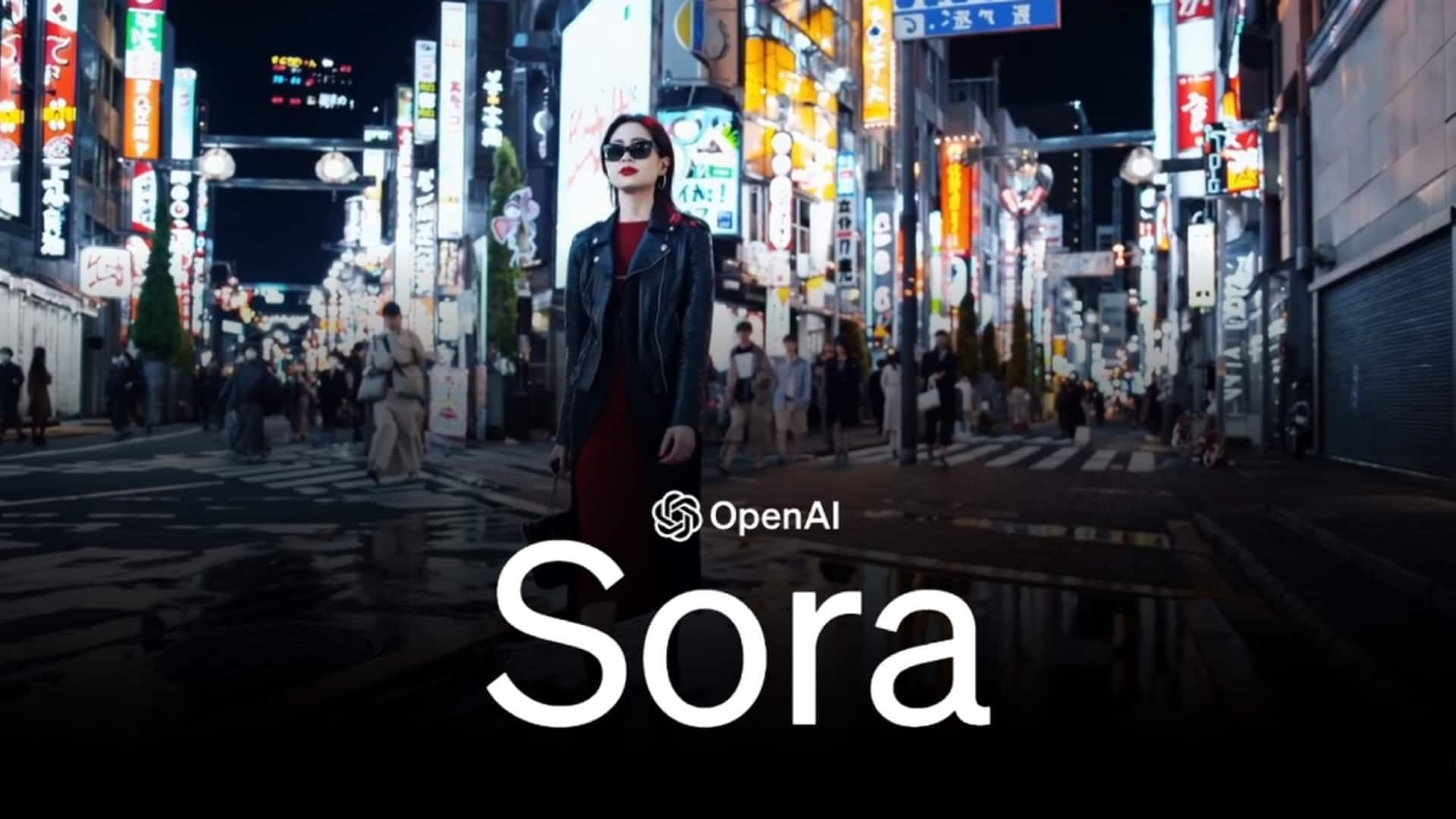
OpenAI faces lawsuit over 'Cameo' feature in Sora video app
What's the story
Celebrity video platform Cameo has filed a lawsuit against OpenAI in a California federal court. The complaint alleges that the new "Cameo" feature of OpenAI's Sora video generation app violates Cameo's trademark rights. The feature allows users to create and share their virtual likenesses on Sora, which Cameo claims could lead to consumer confusion and brand dilution.
Legal response
OpenAI disagrees with Cameo's claims
An OpenAI spokesperson has said that the company is looking into the complaint but disagrees with Cameo's claim of exclusive ownership over the word "cameo." This dispute comes after Cameo CEO Steven Galanis revealed that they had tried to resolve this issue amicably, but OpenAI refused to stop using the name.
Business overview
Cameo allows users to hire celebrities for personalized videos
Founded in 2017, Cameo allows users to hire celebrities for short, personalized videos. On the other hand, OpenAI's Sora was launched as a standalone app on September 30. It lets users create and share AI-generated videos. However, OpenAI refers to the virtual likenesses created by users on this platform as "Cameos," which Cameo claims was done with complete disregard for the potential confusion it could cause.
Competition concerns
Sora offers videos featuring celebrities like Mark Cuban, Jake Paul
The lawsuit also points out that Sora allows users to create videos featuring celebrity "Cameos" like entrepreneur Mark Cuban and boxer Jake Paul. This, according to Cameo, puts OpenAI in direct competition with its platform. The lawsuit states, "Users seeking a personalized celebrity video now have a choice - use Plaintiff's CAMEO service to book talent and receive an authentic, custom video prepared by that celebrity, or use Sora's 'Cameo' service."